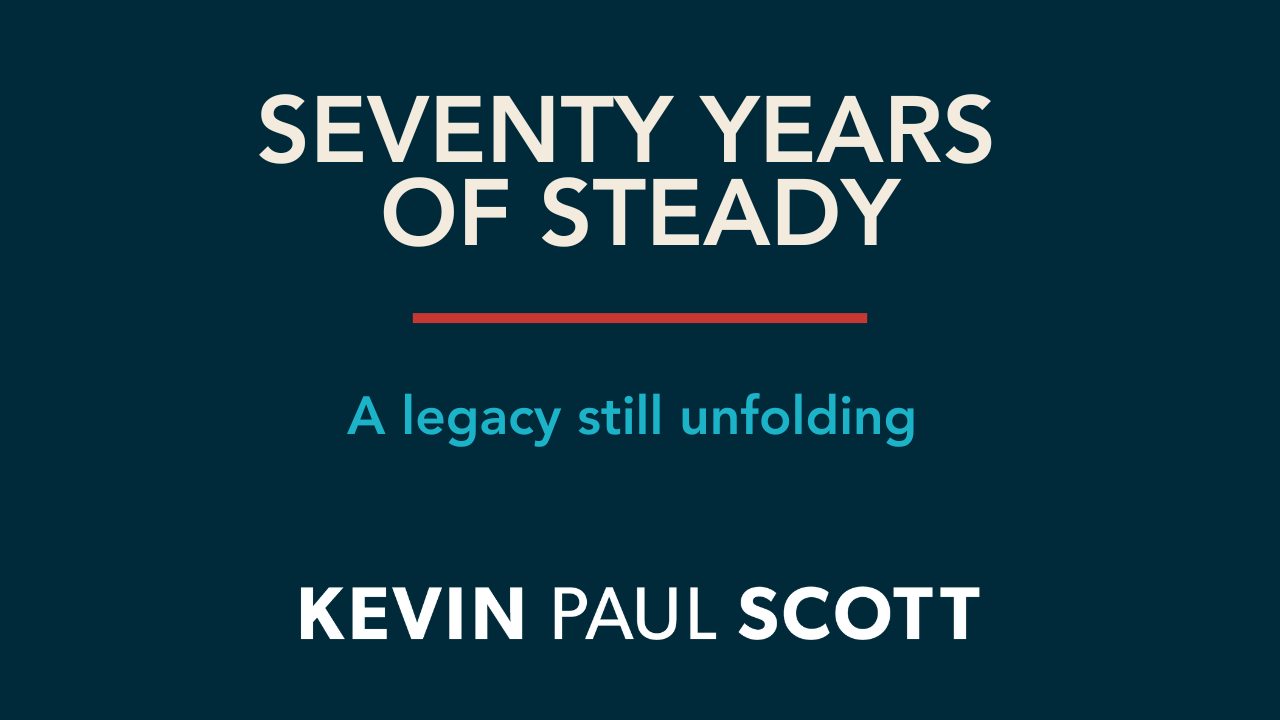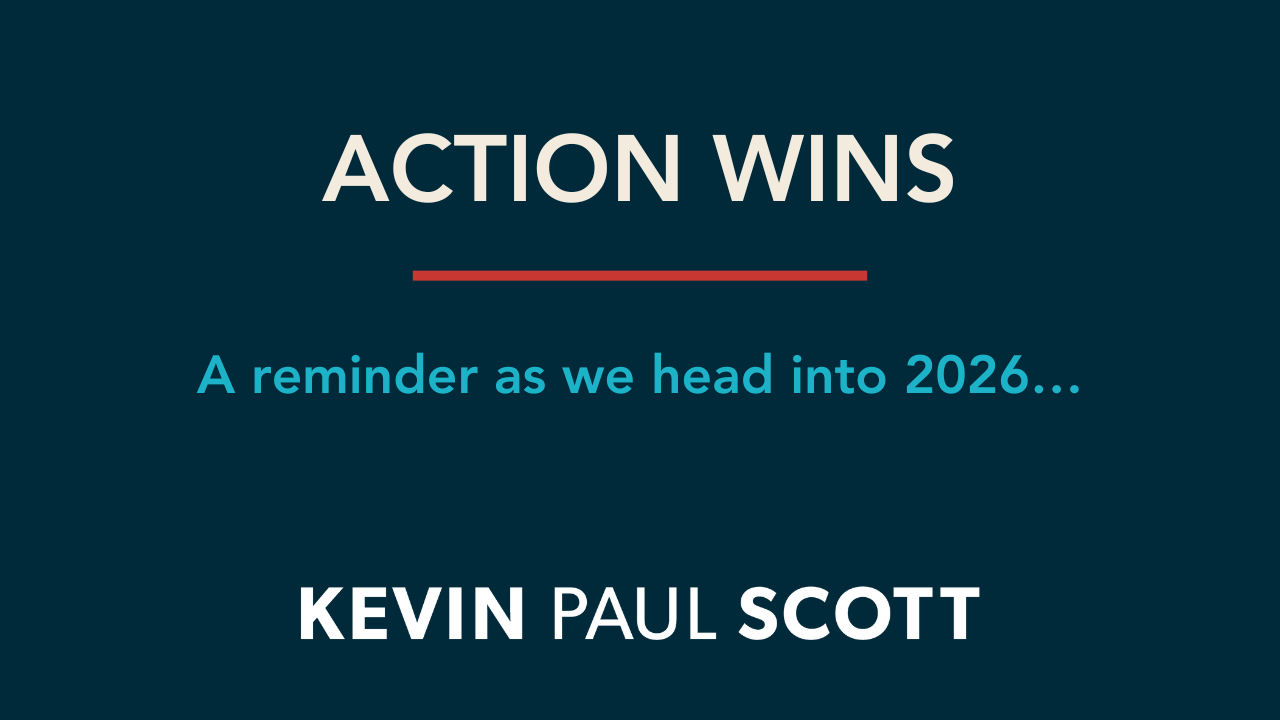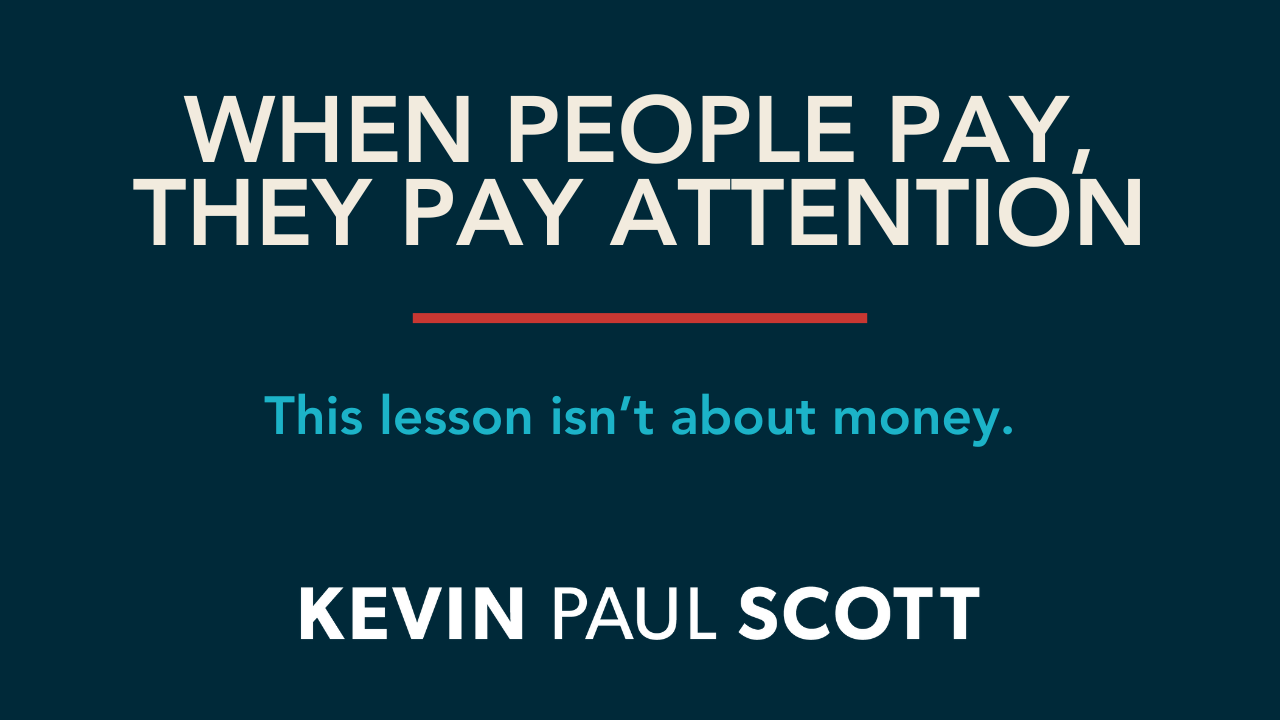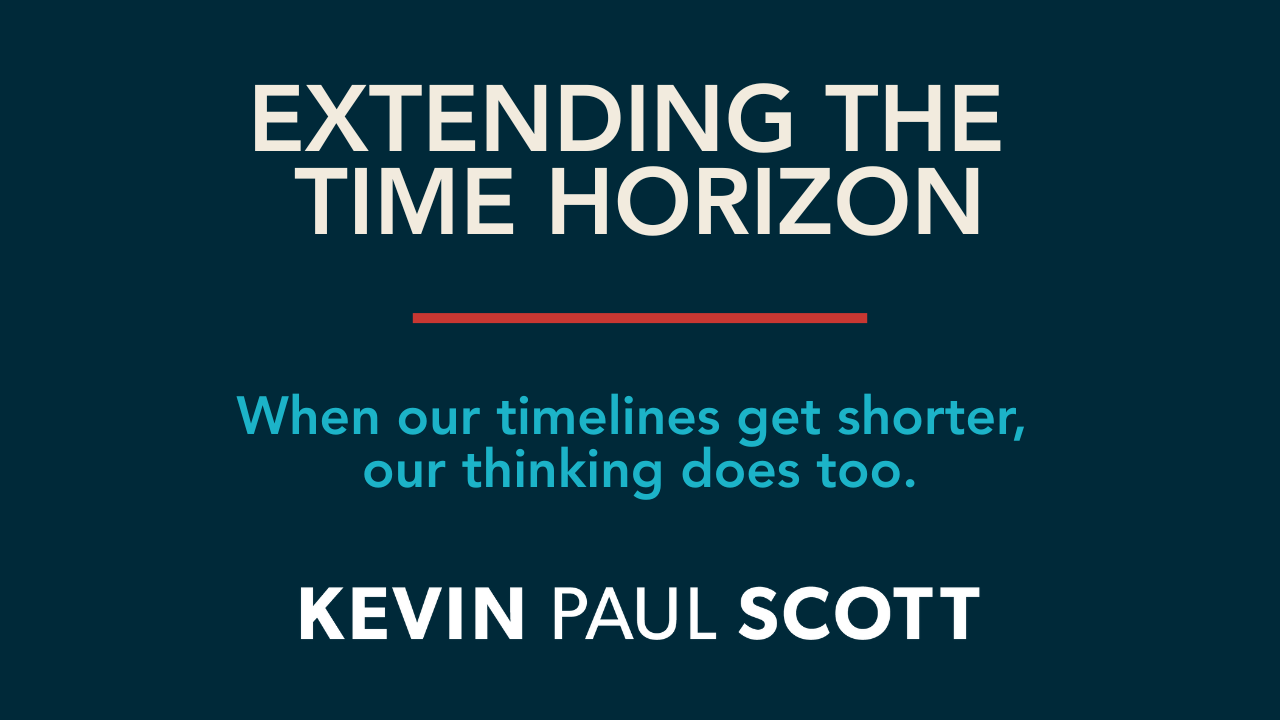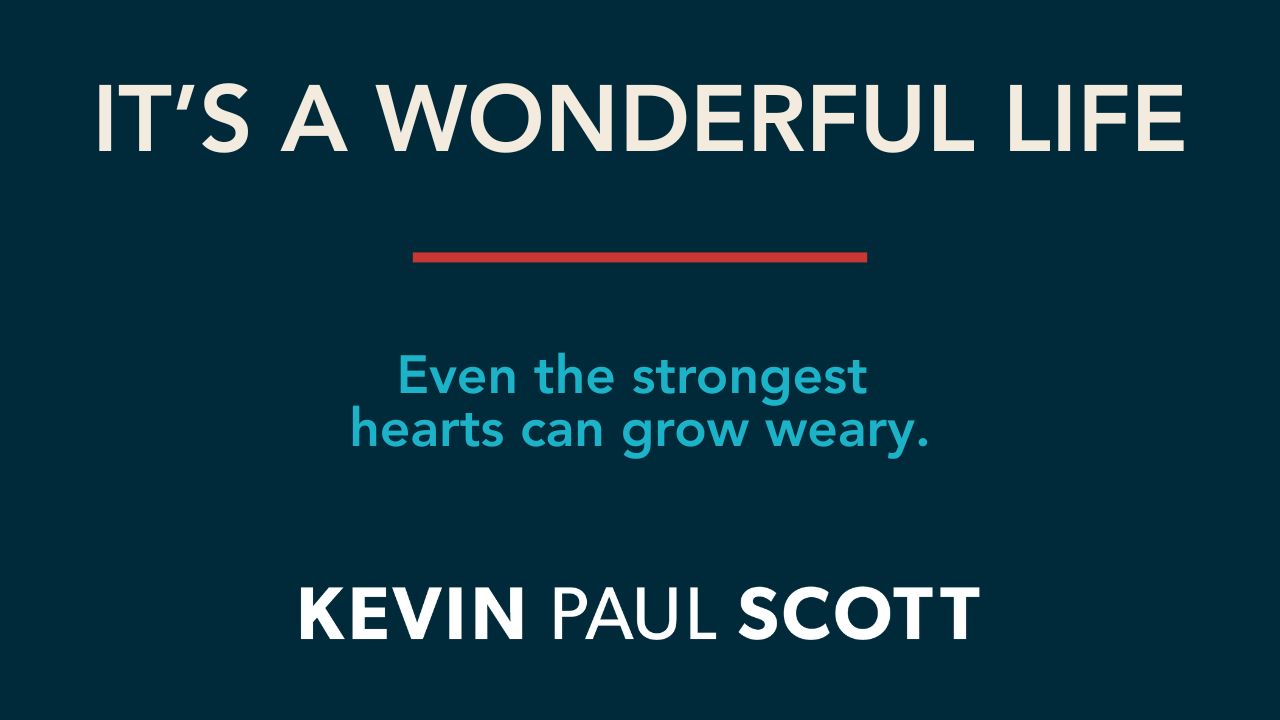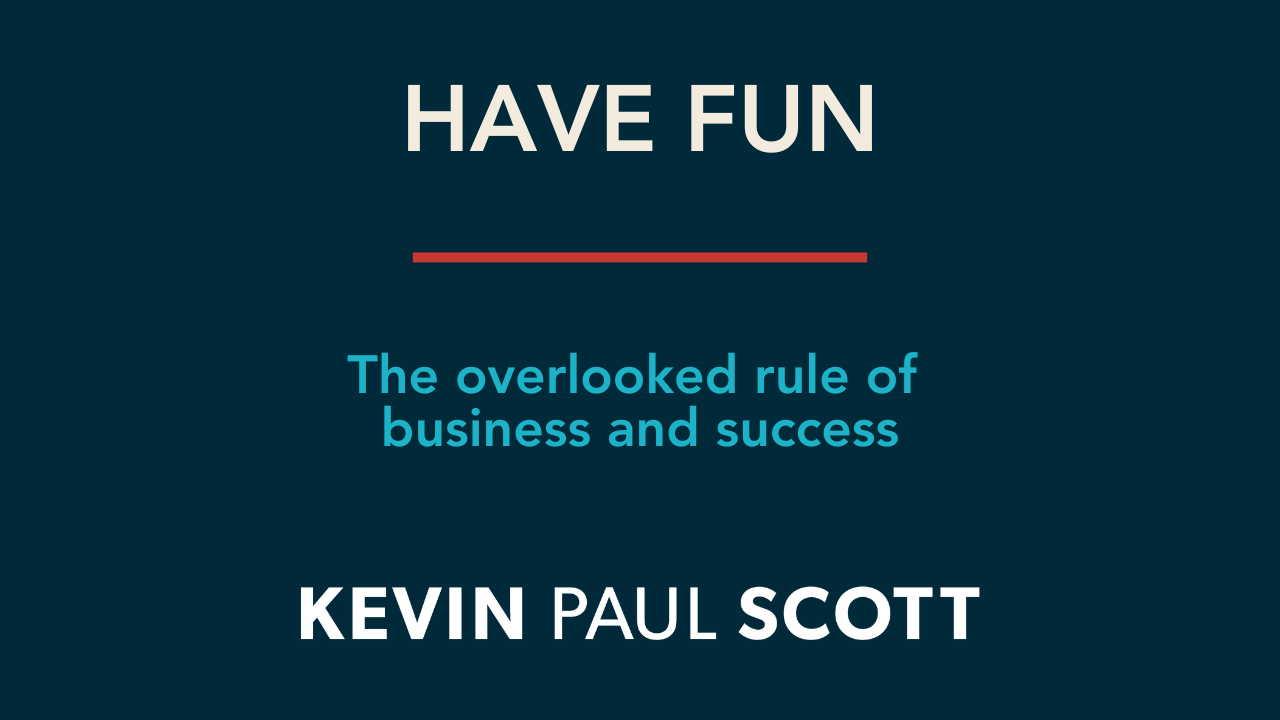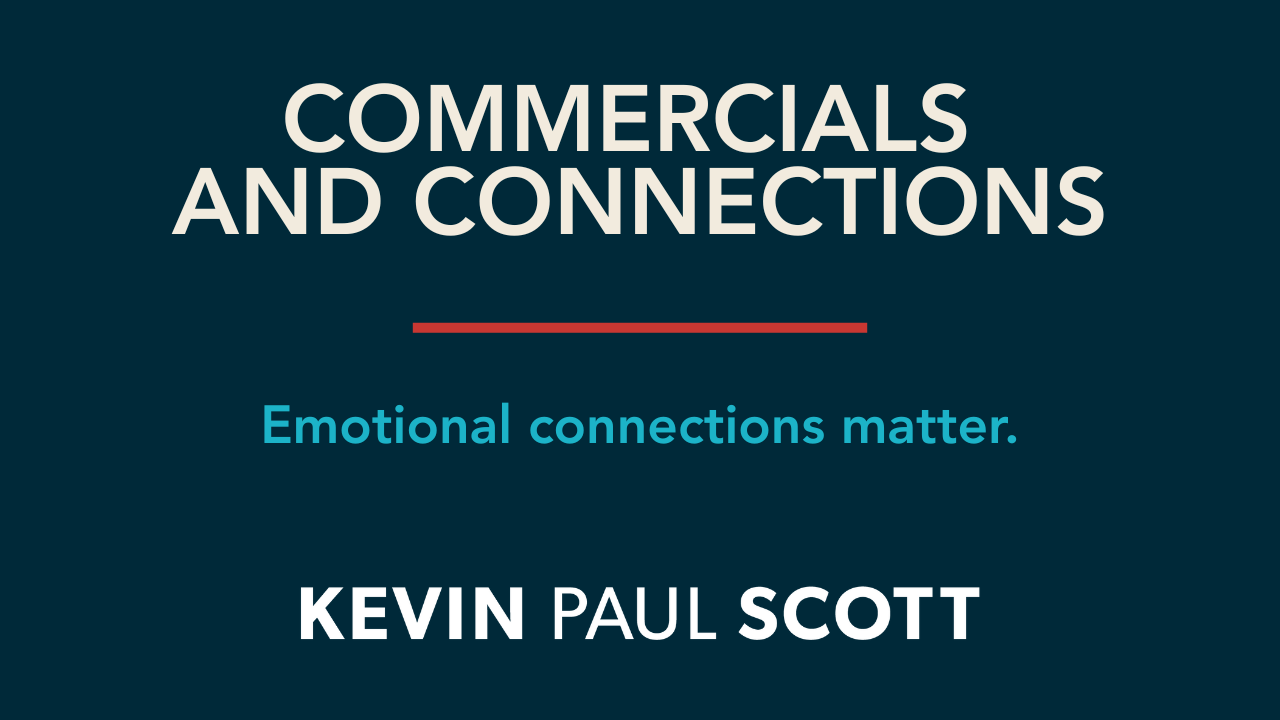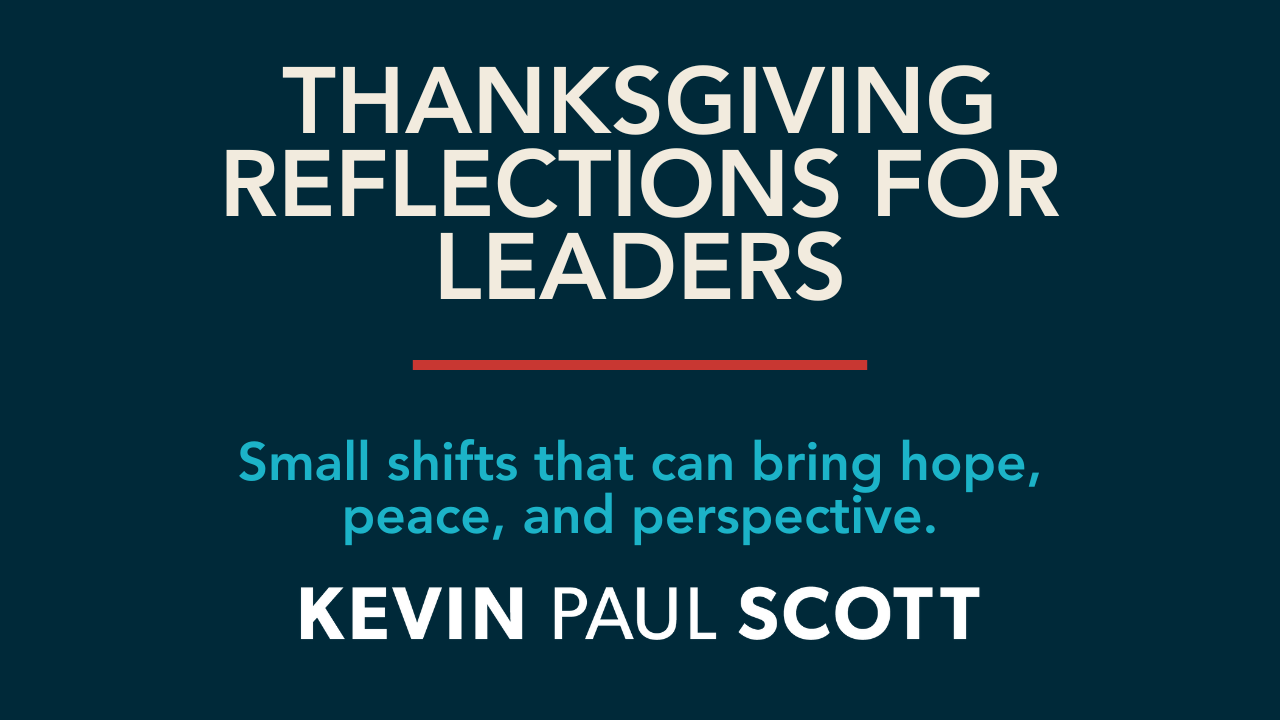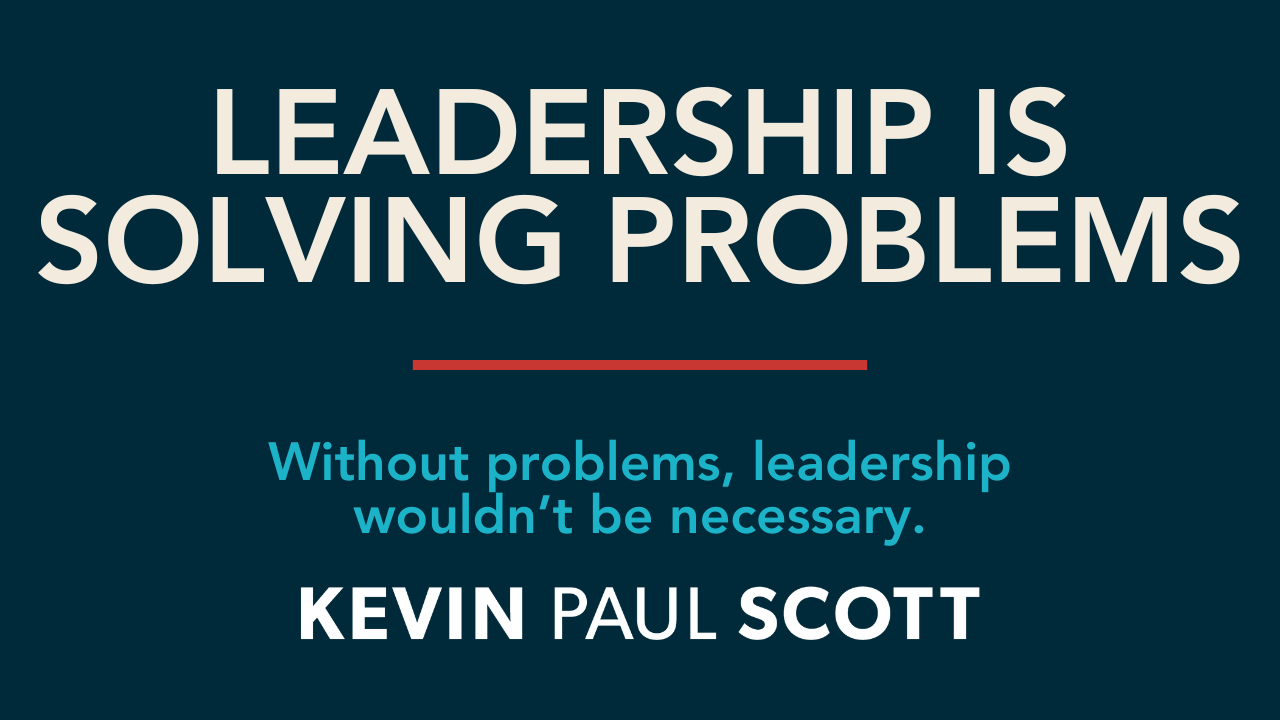Today my dad turns 70.
That number feels big, not because it sounds old, but because it represents something rare: seven decades of consistency, character, and quiet strength. This post comes out on his birthday, and unlike some of the harder posts I’ve written in the past, this one is full of gratitude. My dad is still here. Still showing up. Still teaching me, often without even saying a word.
If you know my dad, Jeff, you know he’s never chased the spotlight. He didn’t need a stage to lead or a microphone to make an impact. His life has been the message. And today, I want to reflect on some of the things I’ve learned from him. These are lessons shaped by long shifts, early mornings, family dinners, and a career of running toward danger when everyone else was running away.
Here are some of the greatest things I’ve learned from my dad.
1. Hard work is a form of love
My dad spent his career as a firefighter. Long hours. Missed holidays. Physical exhaustion. Emotional weight most people never see.
I learned early on that work isn’t just about a paycheck. A profession is about provision, protection, and responsibility. He worked hard not for applause, but because people were counting on him. That kind of work ethic changes a family tree.
2. Consistency beats Intensity
My dad didn’t live in extremes. He showed up again and again.
Same values. Same commitment. Same reliability.
I’ve learned that success, leadership, and trust are built over time. Flashy moments fade, but consistency compounds.
3. Do the job in front of you. And do it well.
Whether it was responding to a call, fixing something around the house, or helping a neighbor, my dad never needed the “big” assignment to give full effort.
Truthfully, sometimes this would drive us crazy. He wouldn’t do anything half-way. (He used another term that we won’t use here!)
He taught me that character shows up most clearly in the ordinary moments no one is watching.
4. Family always comes first.
Despite the demands of his job, I never questioned where I stood with my dad.
I have learned that when it’s all said and done, titles don’t matter but relationships do. You don’t get a second chance to prioritize the people who matter most.
5. Say less. Mean more.
My dad isn’t a man of endless words. Between myself, my mom, and my sister, there aren’t as many opportunities to get a word in! But when he speaks, it carries weight.
He taught me that wisdom doesn’t need volume, integrity doesn’t need explanation, and credibility is built when your life backs up what you say.
6. Stay loyal, especially when it's hard.
Firehouses are built on trust. Families are too.
I learned from my dad that loyalty isn’t seasonal. You don’t bail when things get uncomfortable. You stand your ground. You show up. You stay.
7. Respect is earned by how you treat people.
It never mattered who someone was or what they did, my dad has always treated people with dignity.
From that, I learned that real strength doesn’t talk down, but it lifts up. And the way you treat people who can do nothing for you says everything about you.
8. You don't need to be perfect to be present.
My dad never pretended to have it all figured out, he just stayed engaged.
That taught me that presence matters more than perfection. Showing up beats showing off.
9. Take pride in the life you build.
There’s a quiet pride that comes from knowing you did your best, stayed true, and left things better than you found them.
My dad carries that pride. It isn’t loud but it is genuine. And it’s something I hope to pass on.
10. Faithfulness over fame.
My dad’s life may not be written about in history books, but it’s written all over the lives he’s impacted. I’ve learned that a faithful life is a successful life.
Dad, happy 70th birthday.
Thank you for the example. Thank you for the sacrifices no one saw. Thank you for teaching me, through consistency, courage, and commitment, what it means to be a man.
Seventy years in, and I believe your greatest legacy is still unfolding.

























.svg)



